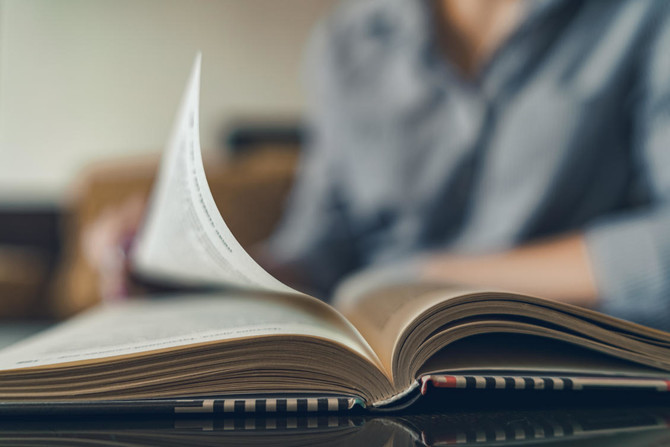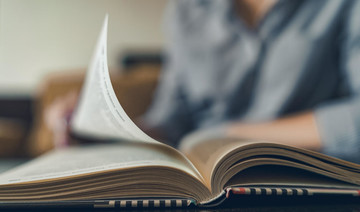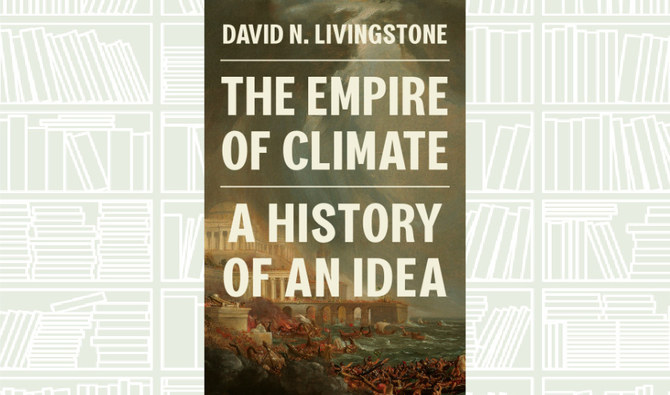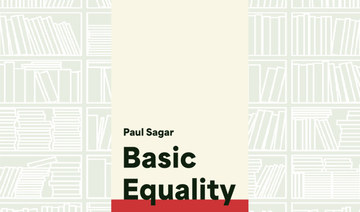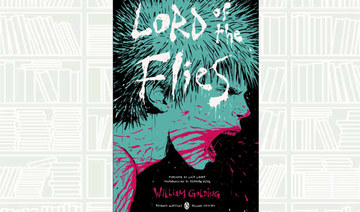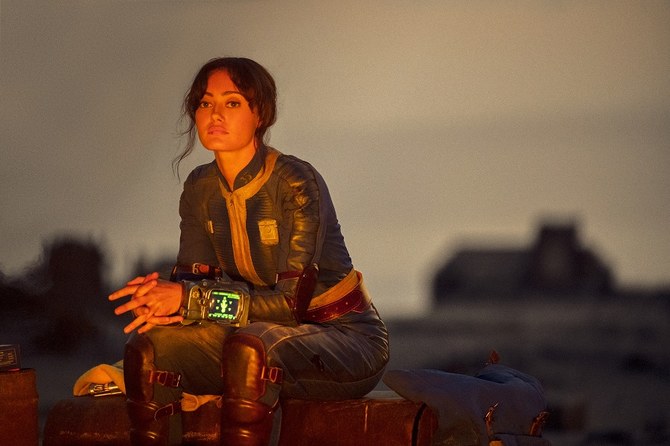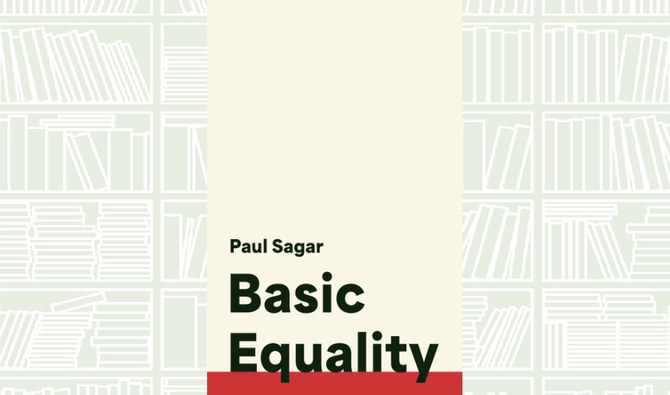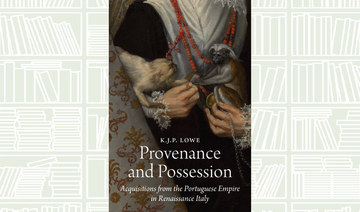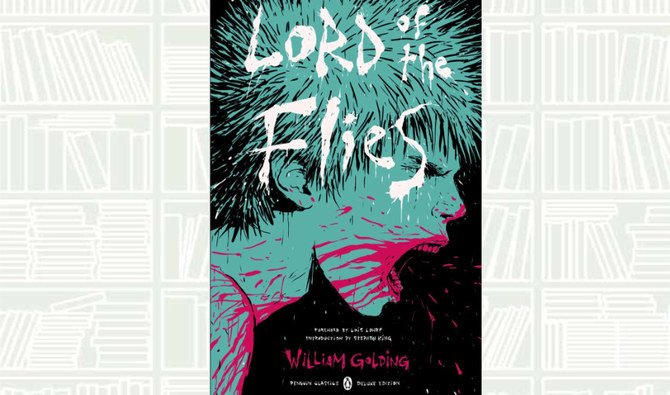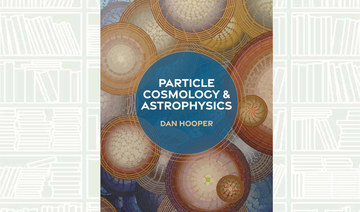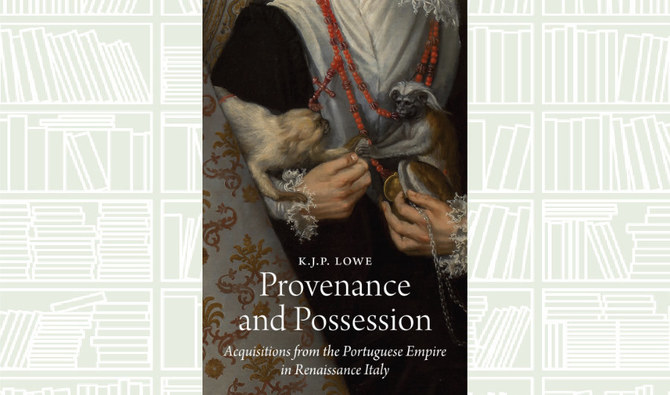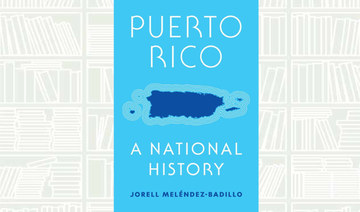CHICAGO: From east of the Nile Delta, in long-established farming villages in the Egyptian province of Sharkia, comes a story filled with history, folklore, and belonging.
Winner of the prestigious Sheikh Zayed Book Award in 2014, and translated into English in 2018, “After Coffee” by Abdelrashid Mahmoudi is a charming journey through time, weaving in and out of the lives and struggles of its main characters.
Mahmoudi’s story revolves around orphan Medhat, a five-year-old boy from Qassimi village who finds himself in a strange new world where he must quickly learn the lessons of life.
The tale begins in Qassimi where local man Khalil’s sister, Zakiya, has eloped with a young man named Salama, and there seems to be no respite from the disgrace. Other village scandals emerge as Mahmoudi introduces different families with their own distinct traditions and unfulfilled dreams.
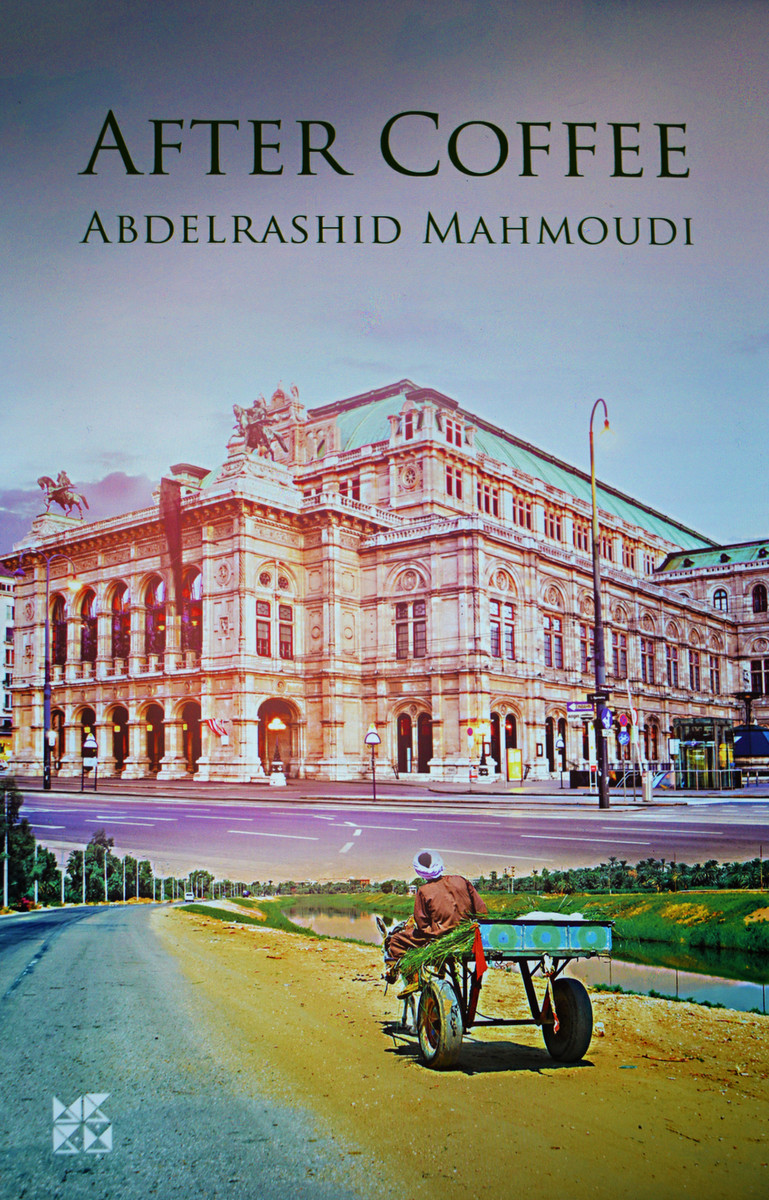
Qassimi and two nearby villages are divided not only by a canal, but long-standing animosities, and amid this Medhat’s story starts to unfold in an unhurried and almost unnoticed way, much like his life.
Having lost his parents, Medhat aimlessly wanders the streets with his dog Farid, until one day he meets a Greek woman called Marika who is attending a wedding in his village. Taking a shine to the young boy, she invites him to come and stay with her and her husband Salem in Ismailia, a beautiful city situated on the banks of the Suez Canal.
Medhat agrees, and soon he is embarking on a new life which turns out to be both joyous and bleak. Ismailia, with its many neighborhoods and varied inhabitants, presents a world in stark contrast to Medhat’s village, where he must be resilient in his desire for a meaningful life.
Mahmoudi creates a long and harsh journey for Medhat, but ultimately one where he will understand that no matter how far he goes, his roots will always be embedded in Egyptian soil.
Mahmoudi is a poet, writer, translator, and academic. “After Coffee” was first published in 2013, in Arabic. It was translated into English by Nasha Gowanlock and published by Hamad Bin Khalifa University Press in 2018.


